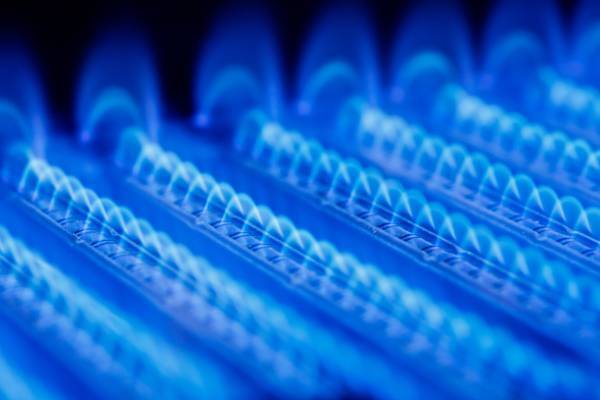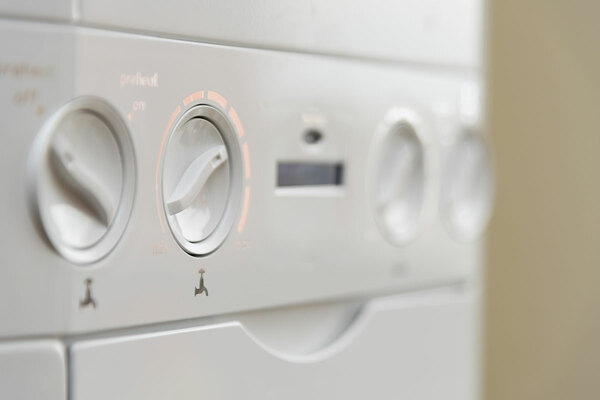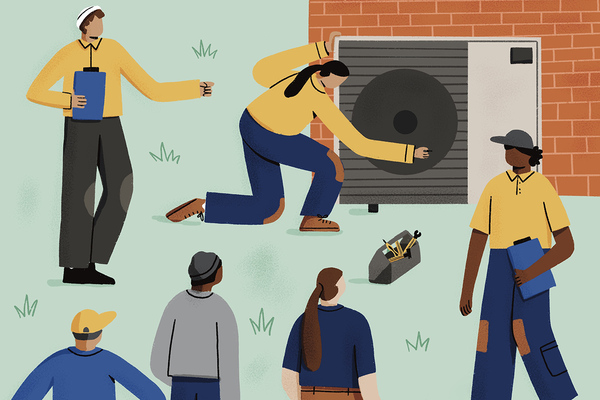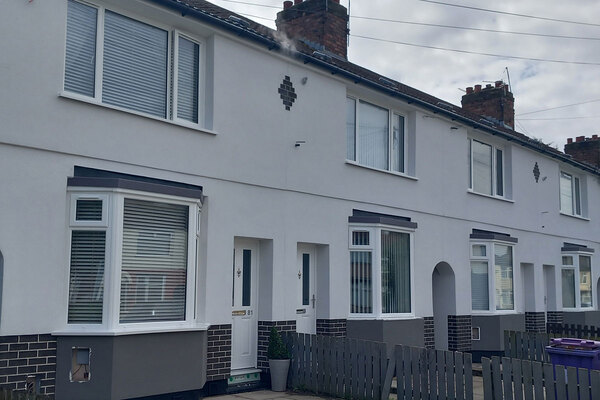Residents on heat networks facing bill increases of up to 700%, consumer body warns
Calls are being made on the government to urgently step in to protect residents living in blocks of flats connected to heat networks, as households report huge increases in energy bills.
Consumer protection body Heat Trust said that consumers and landlords operating heat networks are already reporting examples of price rises of up to 700% as residents are not protected by regulator Ofgem’s cap on prices.
Households across the UK are currently experiencing huge increases in their monthly energy bills, driven largely by a global shortage in gas supplies.
At the start of this month Ofgem’s price cap, which places a limit on how much millions of households pay for gas, was increased by 54% to reflect the surge in wholesale gas prices.
However, Heat Trust warns that more than half a million households on communal and district heating networks are not protected by Ofgem’s cap, leaving them exposed to even bigger, unrestricted price rises.
This means that residents living with these types of systems are likely to be most affected by the current energy crisis, the consumer protection body said.
Heat networks are a type of heating that sees heat generated from a central source and then transported to one or multiple buildings via pipes. The majority of heat networks in the UK are dependent on gas, but other greener heat sources can also be used.
They are increasingly becoming a popular source of heating for blocks of flats in urban areas and play a central role in the government’s plans to decarbonise heating in the UK.
However, heat networks are largely unregulated, which has led to residents reporting problems such as soaring bills and frequent outages.
Housing associations and councils often play a central role in managing heat networks and can be responsible for purchasing the gas used to power certain systems.
Wholesale gas prices peaked at 27p/kWh at the start of March this year and are currently sitting at around 10p/kWh. Until last autumn, wholesale gas prices averaged around 1.5p/kWh.
This means that when heating operators renew their commercial gas contracts, they are seeing massive increases, which are often passed straight on to consumers, the Heat Trust explained.
The G15 group of housing associations has said it is predicting average gas price hikes of roughly 207% across its members in the coming year.
Stephen Knight, managing director of Heat Trust, has written to energy minister Kwasi Kwarteng to request that households on heat networks and heat network operators, such as housing associations, are provided with support to ensure their bills rise no faster than those of domestic gas customers.
It is also demanding that plans to regulate heat networks via Ofgem, which were confirmed in December last year, are brought forward.
Mr Knight said: “The government is committed to making heat networks a key part of its energy policy, and must not leave families living on these schemes behind.
“Heat networks have the potential to offer low-cost, low-carbon heat, but without intervention, hundreds of thousands of families are facing horrendous and unaffordable heating bills.”
Heat Trust is also calling for changes to the Landlord and Tenant Act rules, which currently make it difficult for landlords to buy gas more than 12 months in advance, making them vulnerable to price fluctuations.
A government spokesperson said: “We are granting Ofgem the power to regulate domestic heat network prices to ensure these customers are protected in the future.
“The vast majority of heat network customers will receive £200 off their energy bills from October as part of the £9.1bn Energy Bills Rebate and a further £150 Council Tax rebate.
“This is on top of £12bn of support in place for the most vulnerable households across the UK.”
Sign up for our asset management and sustainability newsletter
Already have an account? Click here to manage your newsletters







